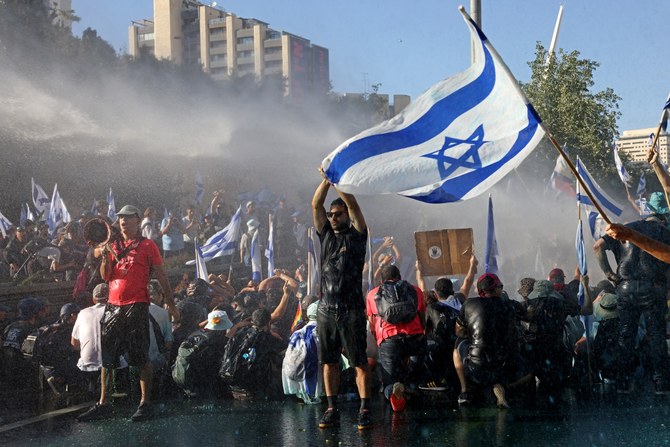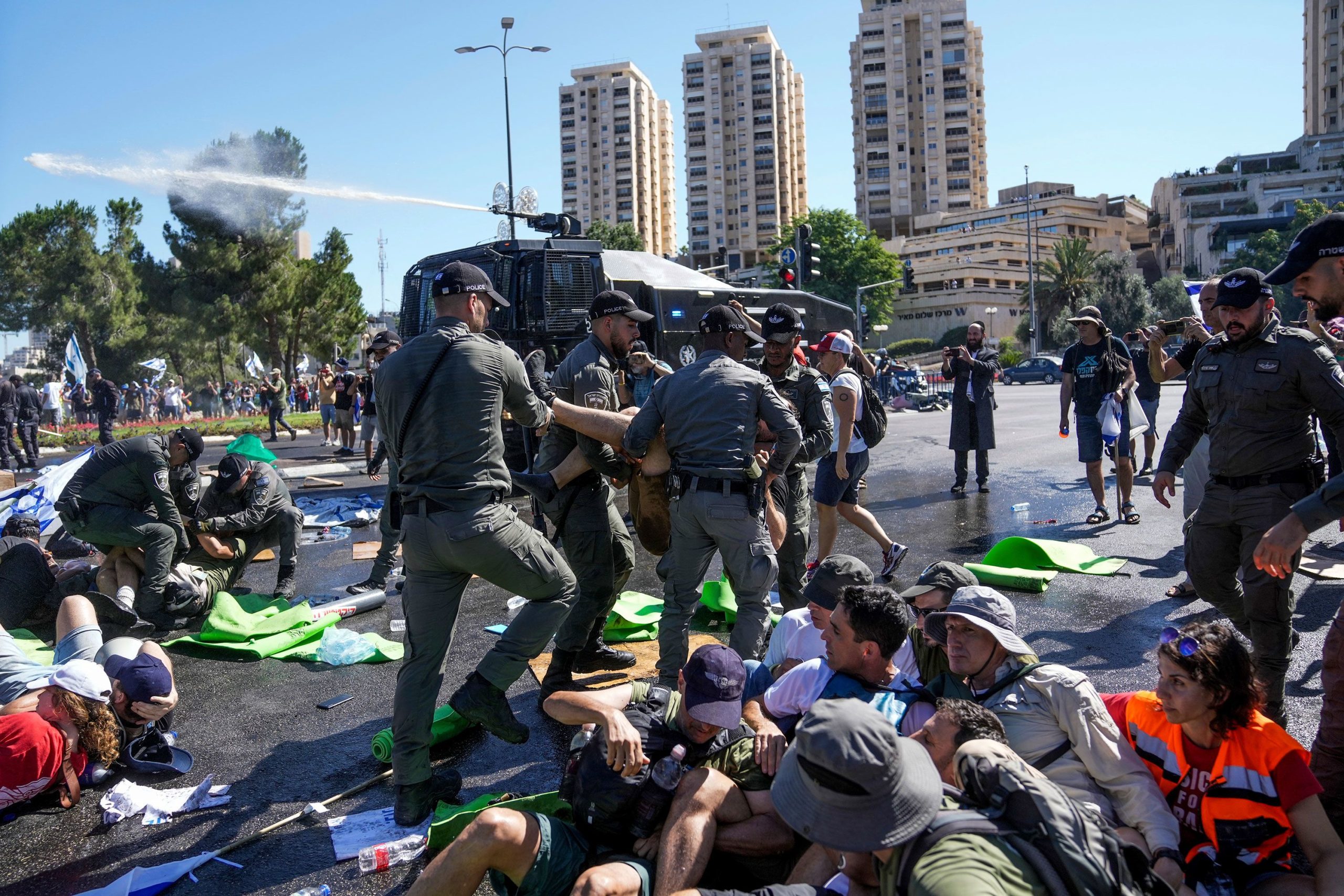Israel’s internal unrest stems from a combination of political, socio-economic, and ethno-religious factors. A deep-rooted political polarization has led to divisions within society, further exacerbated by economic disparities and competing narratives.
Introduction
Israel, a nation with a rich historical background and complex geopolitical landscape, is currently grappling with internal unrest and security threats that have far-reaching implications. This essay explores the factors contributing to Israel’s internal turmoil, the security challenges it faces, and the potential consequences for regional stability.
Israel’s Internal Unrest: Causes and Dynamics
Israel’s internal unrest stems from a combination of political, socio-economic, and ethno-religious factors. A deep-rooted political polarization has led to divisions within society, further exacerbated by economic disparities and competing narratives. The clashes and protests witnessed are reflective of the frustration and grievances of various segments of the population.
Security Threats: Multifaceted Challenges
Israel’s security landscape is complex, shaped by its proximity to conflict zones and historical conflicts, particularly the Israeli-Palestinian conflict. The presence of militant groups and the threat of terrorism pose significant challenges to the nation’s security apparatus. Additionally, the rise of cyber threats has added a new dimension to the security concerns.
Read More:Israel political scene devalues daily, overshadow with discrepancy
Leadership and Governance in Israel’s Internal Unrest
Effective leadership and governance play a crucial role in managing internal unrest and security threats. Israel’s leadership must prioritize open communication, inclusivity, and accountability. Constructive dialogue can help bridge the gaps and foster understanding among different segments of the population, ultimately contributing to stability.
Social Cohesion: Mitigating Internal Tensions
Promoting social cohesion is essential for addressing internal unrest. Emphasizing shared values, fostering cultural exchange, and promoting mutual respect among diverse communities can help alleviate tensions. By recognizing commonalities, Israel can create a more harmonious society and strengthen its resilience against challenges.
International Implications: A Wider Perspective
Israel’s internal unrest and security challenges have broader implications for regional stability. The international community closely monitors developments, concerned about the potential for escalations to affect neighboring countries. Diplomatic efforts, international cooperation, and peaceful resolution are critical to mitigating tensions and ensuring long-term stability.
Conclusion
Israel’s internal unrest and security threats underscore the multifaceted challenges faced by the nation. By addressing the root causes of unrest through effective leadership, inclusive governance, and fostering social cohesion, Israel can navigate these challenges and work towards a more stable and secure future. As the nation strives to maintain its unity, a balanced approach that addresses both domestic concerns and international dynamics will be crucial in achieving lasting peace and security.
















